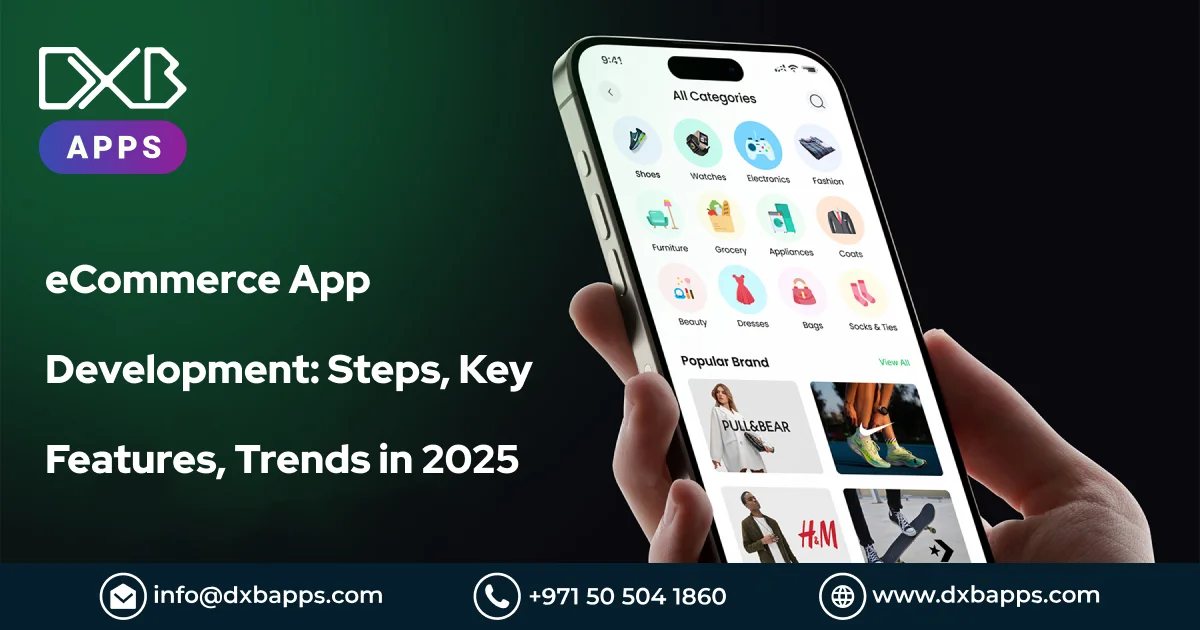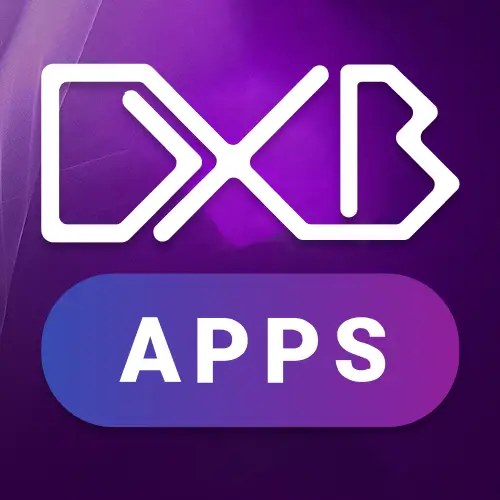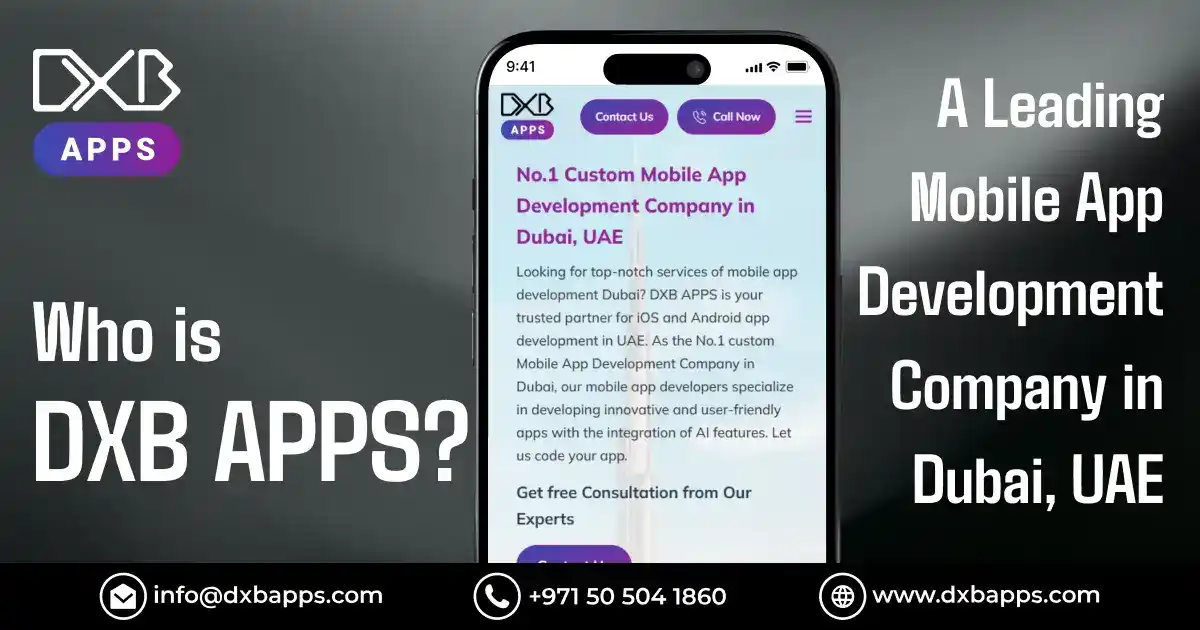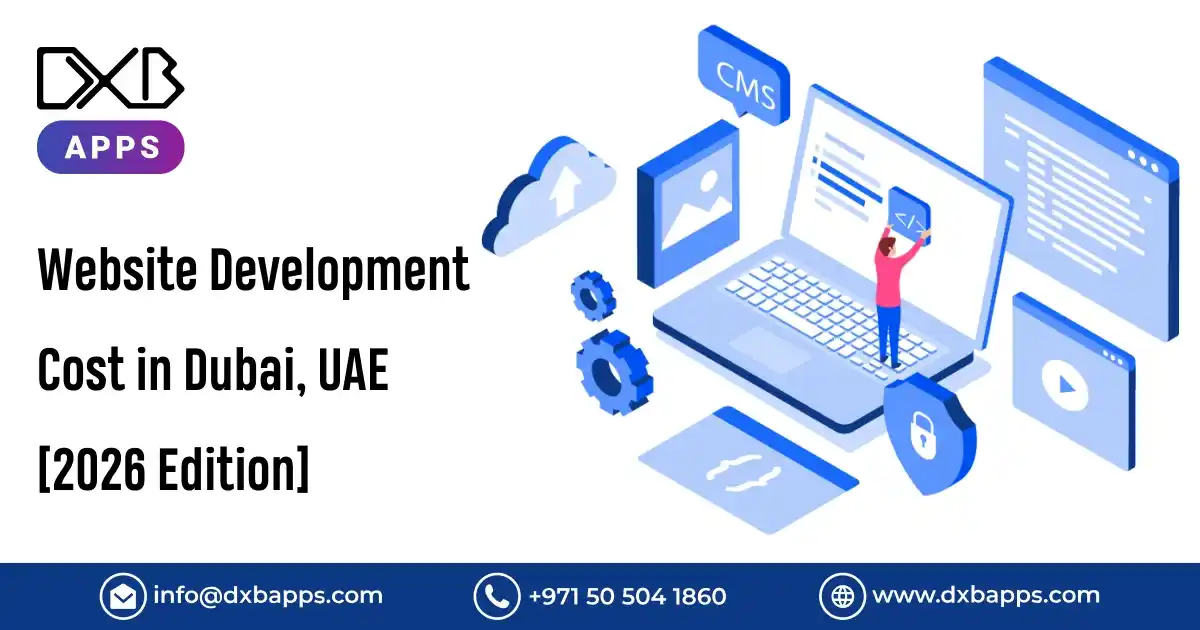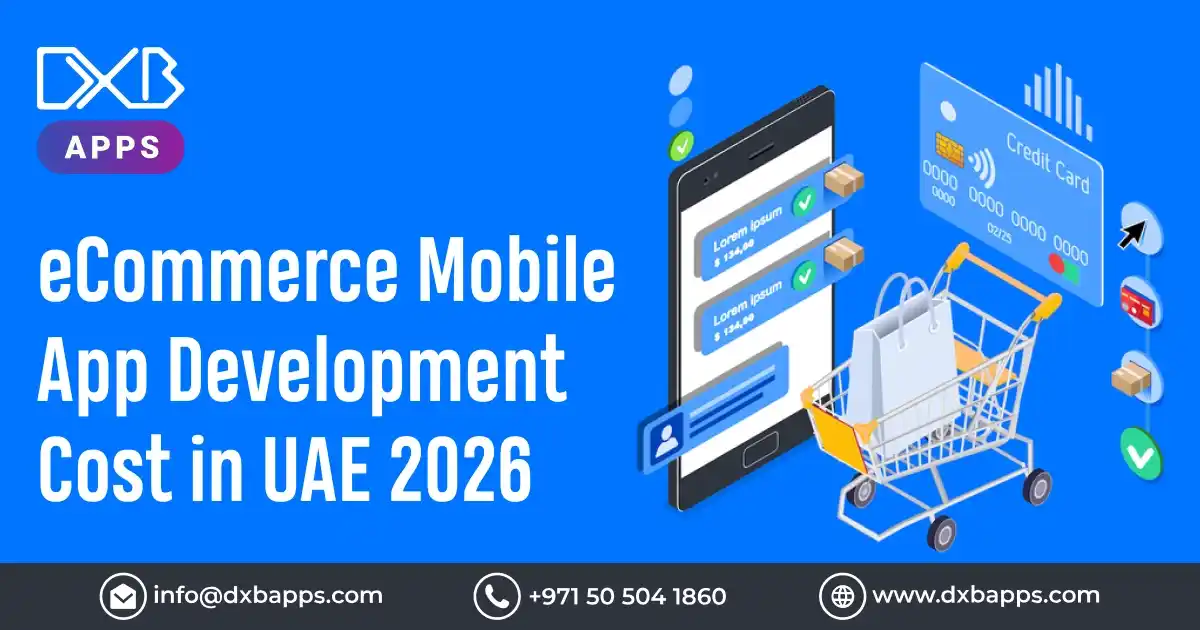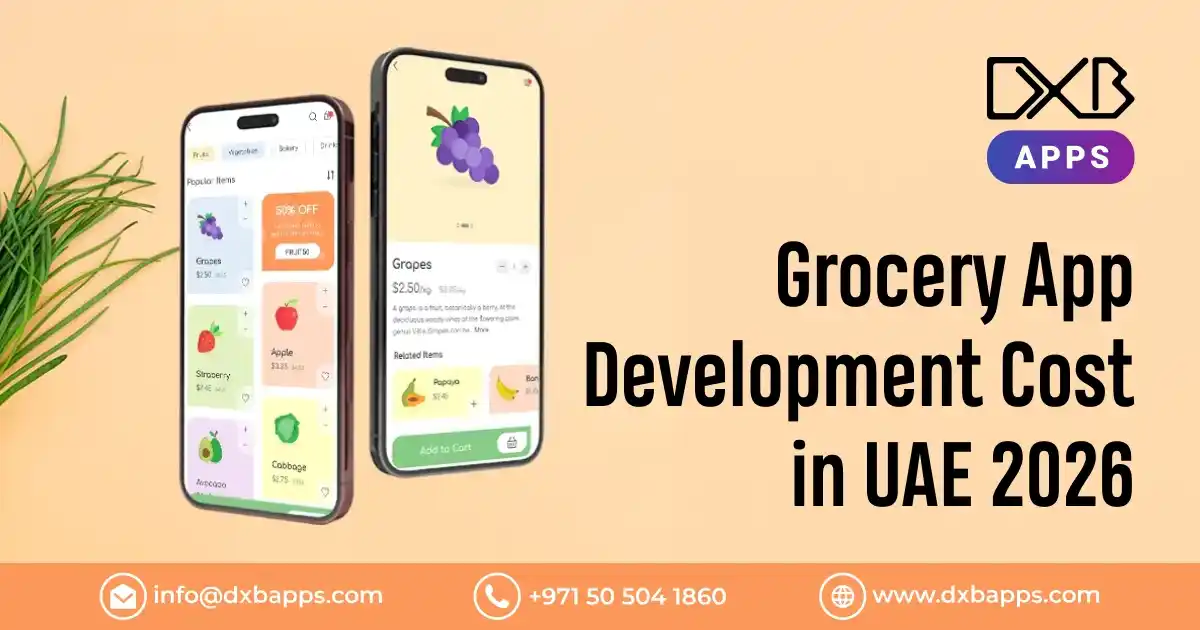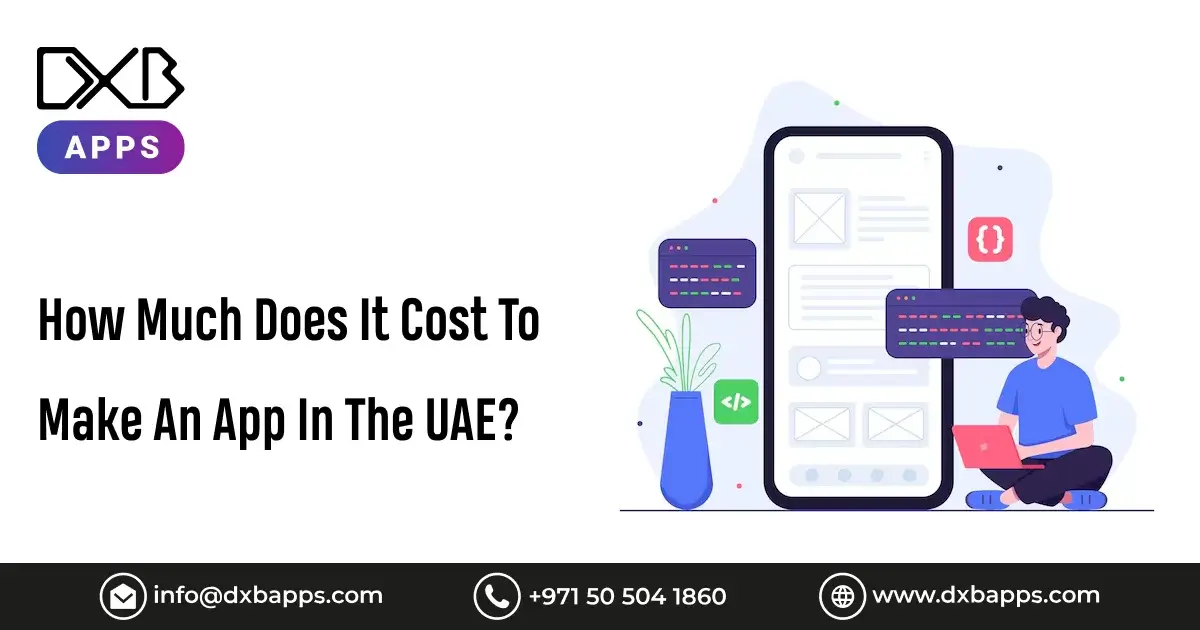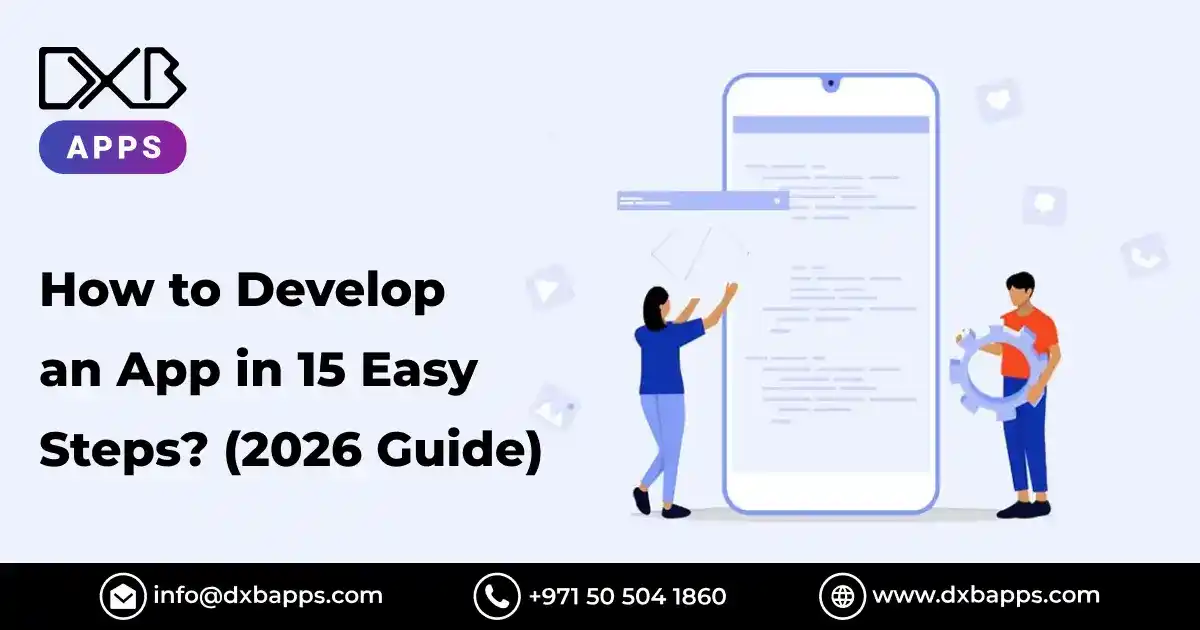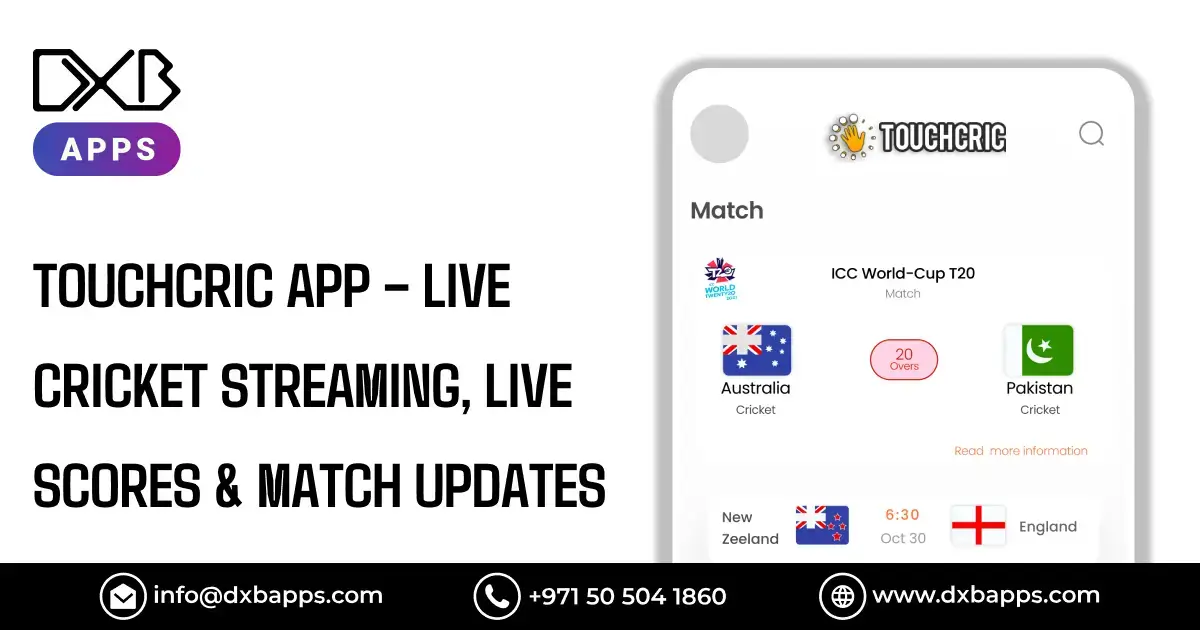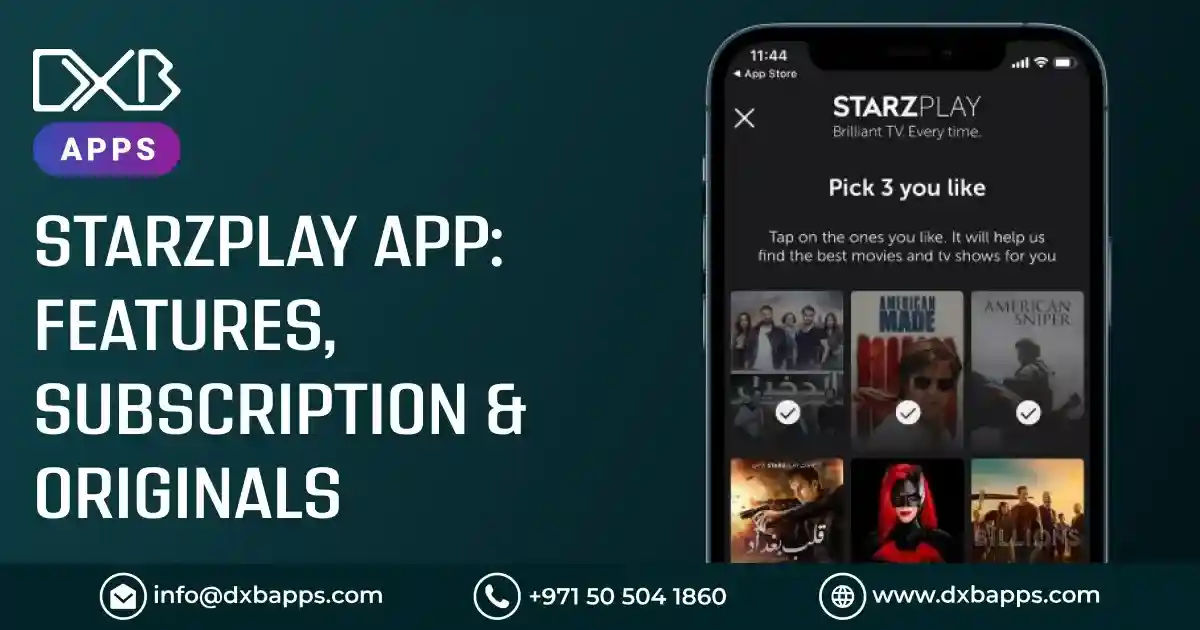In the last decade, a significant change has revolutionized the whole digital world concerning most aspects of business operations all over the globe. Everyone needed to gear up in terms of change in behaviours regarding consumerism. Among all the changes seen in this retail circle, it's the commerce that changed. The change came in eCommerce app development, which enabled businesses to reach out to and engage with their target markets in the most personal yet efficient manner possible. Mobile commerce is where the unbelievable US $3.56 trillion worth of sales will come in 2025.
E-commerce applications also come as one of the basic requirements businesses need while looking for growth, enhancement of communication, and attracting more sales leads in an ever-growing marketplace. In today's smart devices, which are used far more than computers to browse around, the buying has moved more on those smart devices than computers. This has resulted in organizations, particularly in geographies like Dubai and the UAE, investing more in developing premium eCommerce App Development that responds to the burgeoning trend of easy and convenient mobile-first shopping.
It would detail every step considered during the eCommerce app development process. Identify all the latest trends that may form a backbone to advance the mobile commerce field further and explore all the must-have features for an eCommerce app in 2025. In short, this is for you and that business or a great e-commerce app maker eager to start something or polish existing skills related to developing the right e-commerce application for business requirements in a short and very professional period.
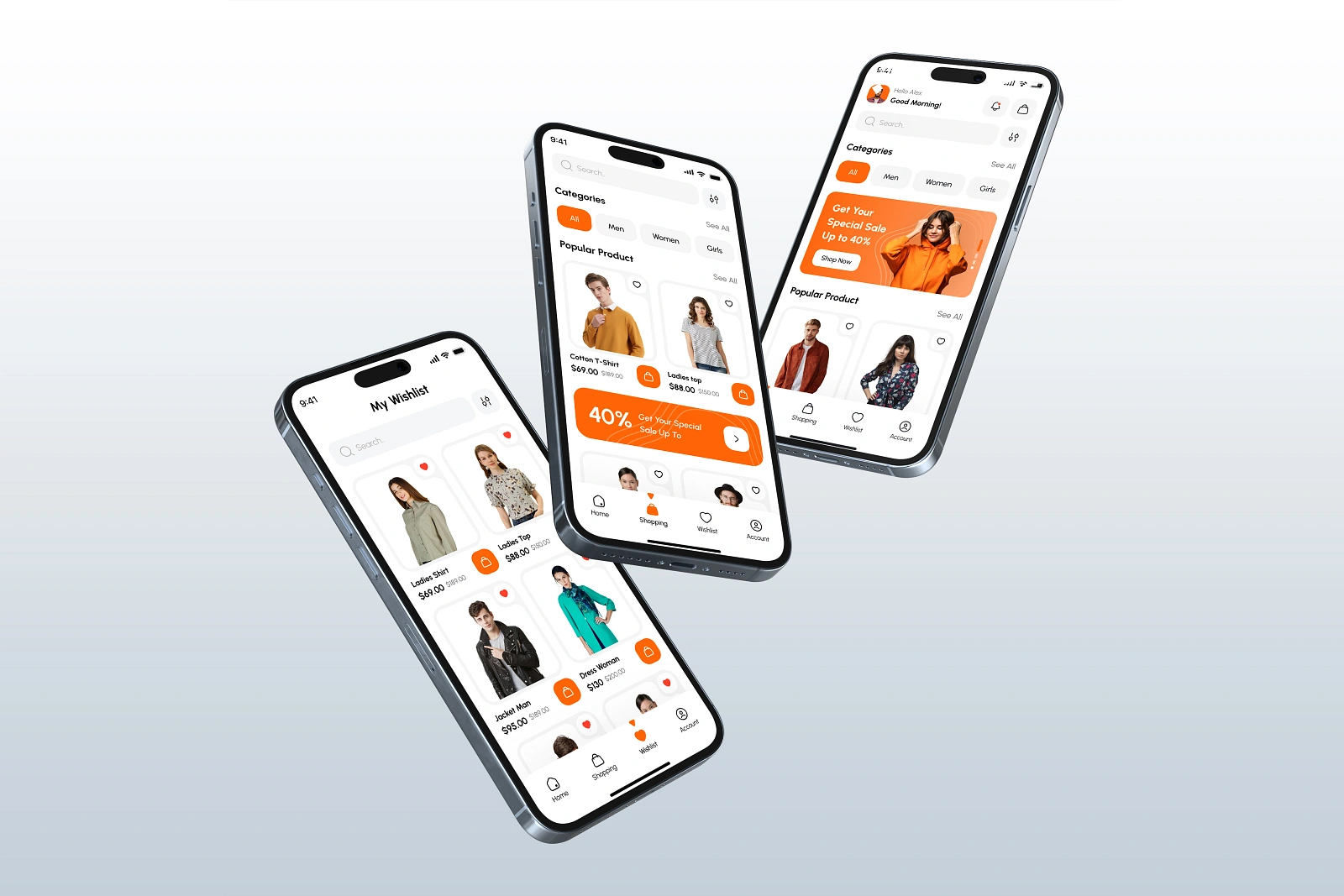
Rise of Mobile Apps for eCommerce
Mobile commerce has changed the retailing sector. Statista suggests that mobile commerce sales will exceed $3 trillion in 2025. More than 72% of total eCommerce sales occur through mobile shopping. It is even more prevalent in the Middle East, especially in the UAE, as the area is still modern in the current world of technology. The survey also highlighted that more than 90% of the UAE population possess a smartphone, making this country one of the most advanced digitally.
Attaining mobile consumer market shares makes eCommerce app development strategic for a business. Customer buying behaviour in shopping evolves rapidly from simple personal computers and laptops to the entire range of smart devices, so the need for a mobile-friendly, hassle-free, smooth, intuitive, and secure online shopping experience has increased. This will attract and engage more customers and sustain relationships, ensuring high conversion rates and sales revenues for businesses investing.
ECommerce App Development Key Steps
Good planning and execution are required to build a successful eCommerce app. This application's mobile commerce app development goes through numerous steps, starting from conceptualization and ending after launching, while ensuring its optimization in the post-launch process. Some of the major steps which come while developing an eCommerce application are listed below:
1. Market Research and Analysis
Any development process of an eCommerce application would require a proper start, and in this case, market research would be needed. It will depict and analyze the probable audience for any application, including its wants, shopping behaviour, and more. Thus, it can build the most gorgeous application from the point of view of a customer by considering the appropriate number of feature developments to outshine all other competitors or enter through something innovative enough that may shatter the existing market trend.
2. Choose Best Platform
With the definition of the target group established, you can decide whether you are going to create a native application or a hybrid one. A native app can only be native to one platform, iOS or Android. A cross-platform application, however, will work for both.
This will depend on your choice of devices, budget, and timelines. Native will have better performance along with a good experience for the users. The time of ecommerce app development UAE will be a resource-consuming approach. Inversely, the cross-platform will be quick at time-to-market and cost-efficient but not on par in many functionalities and performances.
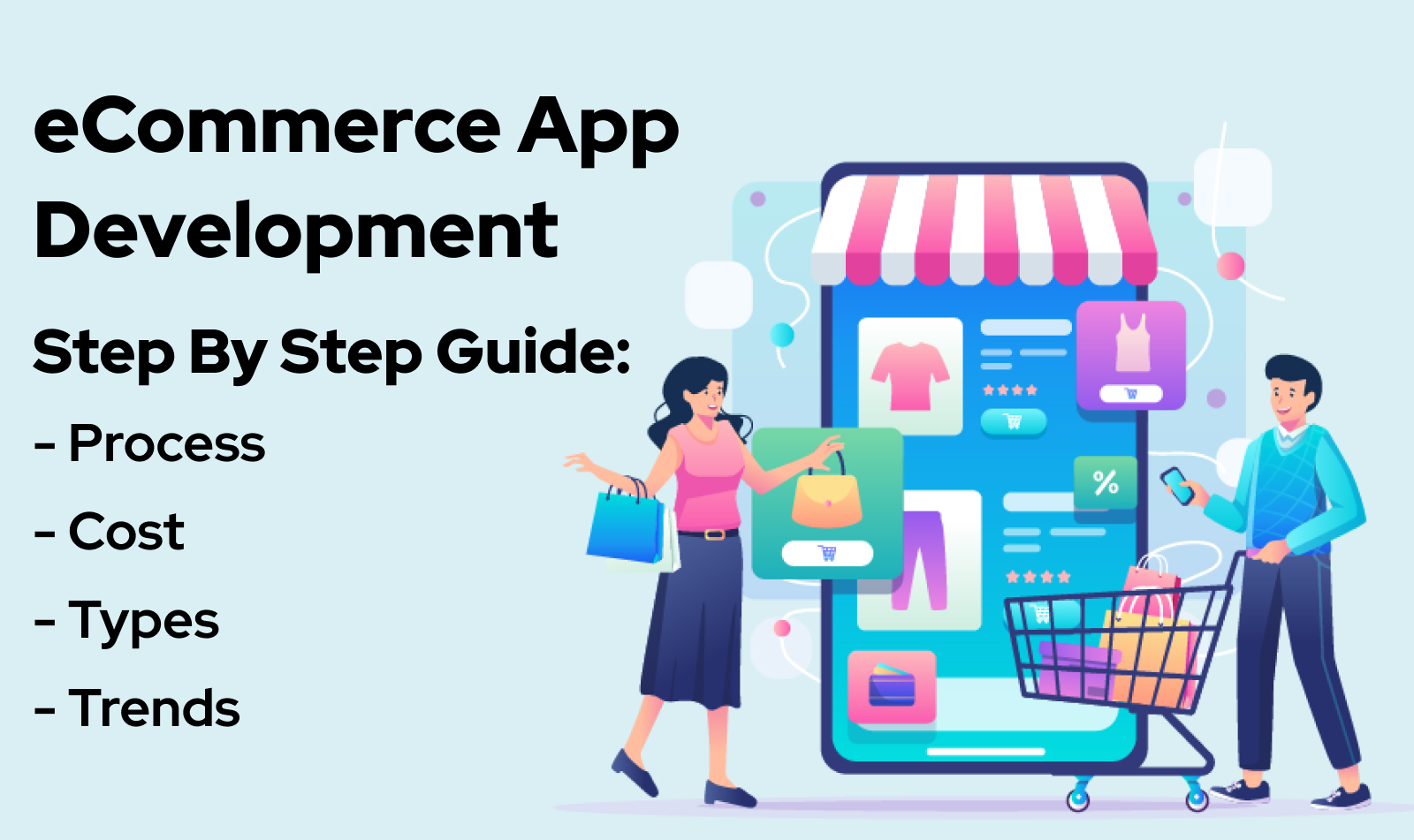
3. Designing of User Interface or User Experience:
The design of your eCommerce app is one of the most critical aspects that determine if it's successful or not. A great application will always guarantee that there will be no significant resistance in going about different types of product catalogues, selecting the appropriate item, or making purchases. Good UX always guarantees to get satisfied customers so that the companies retain the consumers.
Companies should go mobile-first by 2025, and the app's UI should be clean, intuitive, and easy to navigate. Seamless and beautiful design improves overall UX and gives customers an easy shopping experience. Features like one-click checkout, robust product search function, and responsive design will be necessary in developing a user-friendly eCommerce app.
4. Core Features Development
After finalizing the design, it is time to start building the core features of your eCommerce app. The core features of your app build the foundation for your app and determine how well it functions. Some of the most important features to include are:
Product Catalog Management: Businesses can easily manage the number of products offered, product descriptions, images, prices, and even the number of stocks under a product.
Secure payment gateway: Connection with the payment gateways that enhance the payment process security and the customers' data would not be violated.
Tracking Order: Transparency with peace of mind as an order is sent on its way into shipping as per the request from the customers
Push notification: It reaches out to a mobile phone about personal offers and reminders, enhancing engagement with sales.
Product Recommendation: It can suggest upsell or cross-sell recommendations using AI about a customer's browsing and purchasing history.
5. Testing and Quality Assurance
Testing should be done to the maximum so that no fault is present on the launch date. Such a test is vital to find bugs, glitches, and other performance-related problems that can ruin users' experience. Quality assurance testing will also provide an idea about all such errors, and necessary corrections will be made before going live.
The tests should be executed on various configurations, such as other platforms and devices with multiple screen sizes, operating systems, and hardware. It is necessary to verify whether the app would work on those configurations. Conduct a test that ensures no security breach regarding secret information about any customer, which could include payment information.
6. Deploy App
Now that you have finally tested and perfected it, it is time to release your app. This would be the most important step since your chances of success rely greatly on what the users feel about your response. Before launching your app, create a marketing plan to generate buzz and interest.
In this respect, a successful launch will include exclusive offers, discounts, or limited offers to attract users to download and use the app. Visibility and downloads may be increased with the help of social media, email marketing, and influencer partnerships.
7. Post-Launch Support and Updates
It starts only with launching the app. Once the application is live, there will be further support and updation for the application to function well while improving the user experience by fixing bugs, adding new features, and improving the application according to the expectations of the evolving customer.
Some Key Features of eCommerce Apps in 2025
As eCommerce app development is growing, there are many emerging features that businesses will have to adopt in their apps to compete in 2025. Some of the most important ones include:
1. AI-Powered Personalization
No doubt, the front of artificial intelligence will be at the forefront as users are going to have a completely customized shopping experience. AI will generate personalized recommendations, discounts according to preference, and even results according to predictive searches. All this and more comes with a very high level of increase in customer satisfaction while sales gain a boost through increased purchases.
2. Integration of Voice Search
All eCommerce applications would be voice-search-proof as voice assistants like Siri, Alexa, and Google Assistant will permeate every possible aspect of life. It saves effort and time when typing and quickly searches what a user might want to buy.
3. AR
E-commerce retailing is set for changes over the next year through augmented reality. Business organizations can enable customers to view products in real-time before purchasing by including AR in eCommerce applications. From virtual trials of clothing to the setting of furniture at home or even testing shades of makeup, the AR technology is an immersive experience that could lessen buyer hesitation and increase sales.
4. Mobile Wallet Integration
Some emerging solutions include mobile payment solutions such as Apple Pay, Google Pay, and Samsung Pay. An eCommerce application must integrate a mobile wallet to give users convenient and safe payment methods. They can make fast purchases from the shop without inputting their details when making every other purchase.
5. Social Media Integration
The majority is discovered through social media through product discovery today, which is much more commonly found among the young.
Integrating and including sharing and log-in features into your e-commerce app shall allow a user to write about their best-selected product to his followers, thereby creating brand appearances and increasing traffic via the app on DXB apps' best e-commerce UAE applications.
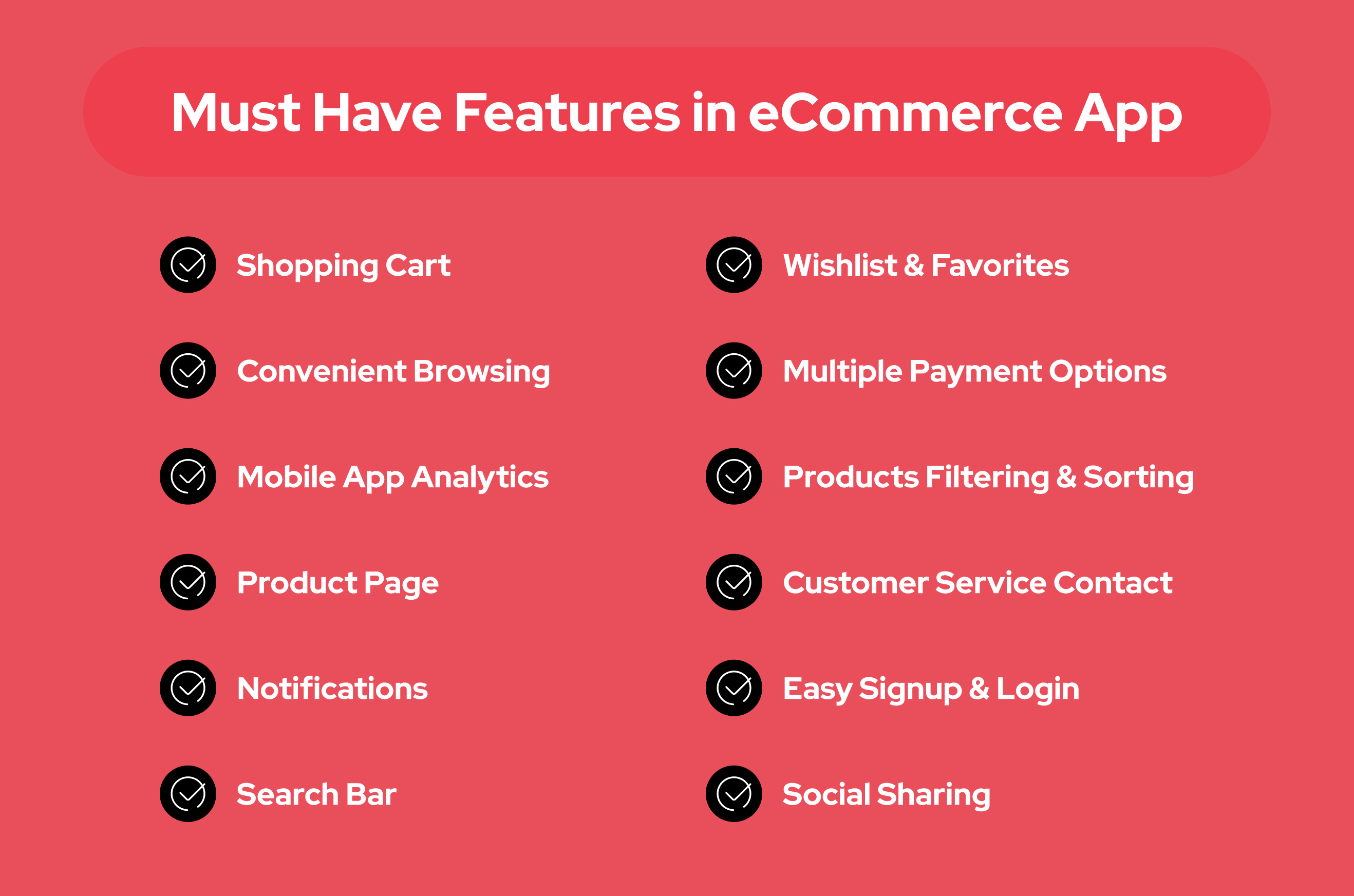
How Does DXB APPS Develop the Best eCommerce Apps in UAE?
DXB APPS is excelling as an innovative, very functional, and great eCommerce app development solution in the rapidly growing UAE marketplace, where mobile commerce is picking speed and has more gigantic momentum. With a specialization in very feature-rich eCommerce App Development specifically tailor-made for e-commerce for all businesses across UAE, DXB APPS believes in becoming one of the foremost mobile app development Dubai.
All of it and everything, DXB apps bring together what's best about modern technology together with intense know-how in respective industries for high performance, enhanced safety, and unblemished end-user experiences for delivery. The e-commerce app developers working here closely understand the business to gain a clear view of its objectives and those of its customers and to come up with a good App Development Dubai that could present enough reason for good customer-to-customer interaction and increased sales.
Conclusion
As ecommerce app development Dubai is the new trend of recent times, firms should also be progressive to match the evolving nature of today's world. That is obtained through embracing cutting-edge technologies and novel features alongside customized shopping experience personalization. Thus, with AI-driven features, voice search, AR capabilities, and mobile wallet integration, 2025 looks promising, making eCommerce app services faster and much safer yet providing customers with an even more immersive environment for shopping.
By utilizing these crucial steps in this guide, companies will learn how to design an effective eCommerce application that fits today's mobile-first customers' needs. Whether it's a new design of a new app or just enhancing an existing one, personalization, simplicity, and security all combine to make a difference in this super competitive eCommerce arena.
FAQs
1. What does an eCommerce app cost?
To build, ecommerce mobile app development cost may range from $20000 to $50000.
2. How soon can you create an eCommerce app?
The E-Commerce application development time course might vary with features and level of complexity but will usually be 3-6 months long to complete.
3. Why should I invest in the e-commerce app development?
Development in e-commerce apps with easy access towards the booming commerce industry through their mobile, especially the personal shopped tailored offers to customers through the encouragement of brand loyalty and additional higher sales of products, the brand image developed would bring along a high sense of recognition among its field.

